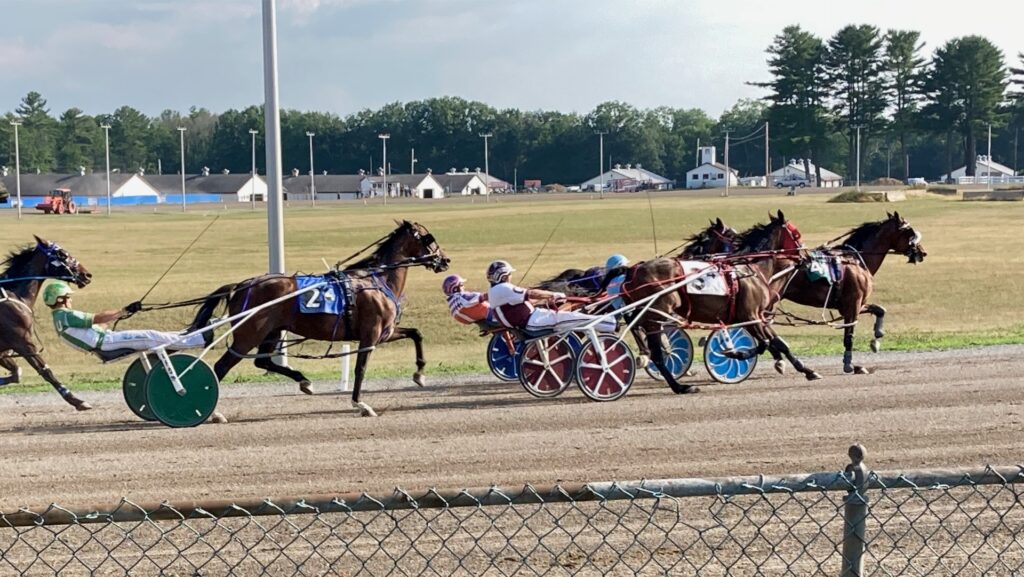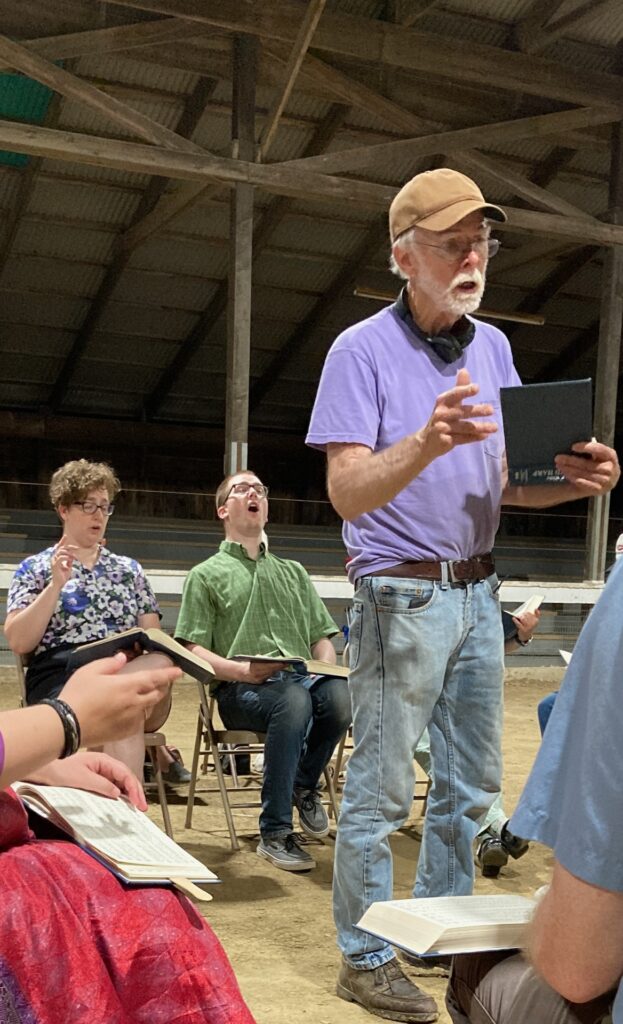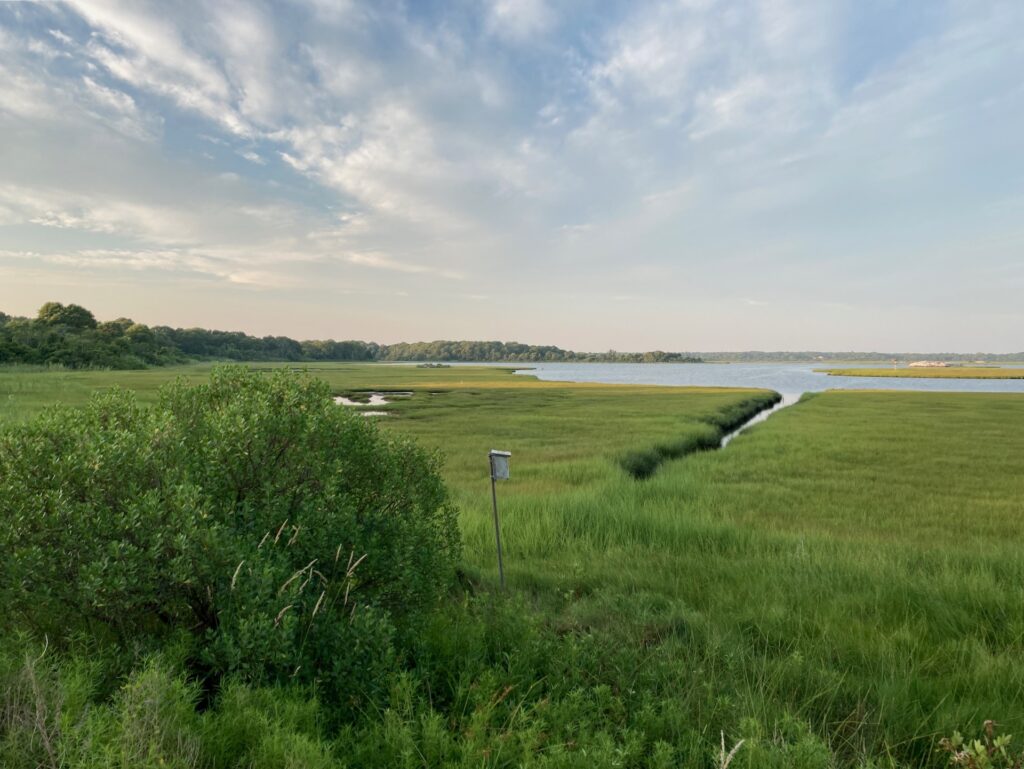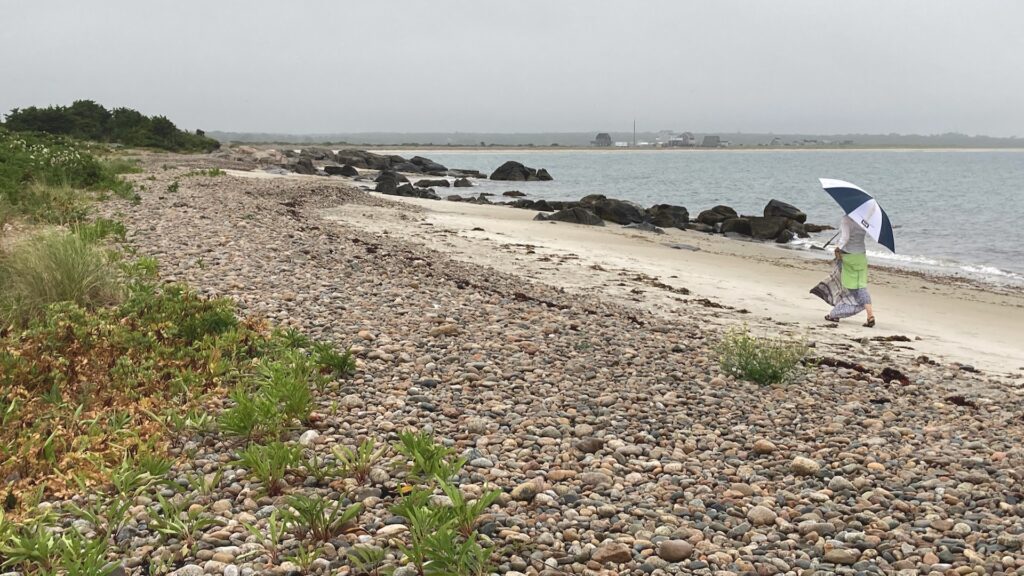The Unitarian Universalist Association (UUA), the U.S. denomination of U.S. Unitarian Universalists, holds its business meetings every year. There’s no need to hold business meetings this frequently. And in fact, holding business meetings this frequently wastes resources. I’m going to go over the reasons why we don’t need to have General Assembly every year, and then I’ll tell you why we’re stuck with an annual meeting that we don’t need.
First, we don’t need an annual meeting because other religious groups get along just fine without meeting every year. The Union of Reform Judaism (URJ) meets every other year — they have about 850 congregations, compared to the UUA’s 1,000 congregations, though their congregations are on average larger than ours. The United Church of Christ (UCC), our closest religious relatives, meet every other year — they have about 4,800 congregations. Of course there are religious denominations that meet annually — the Swedenborgian Church of North America is one such group — but the experiences of the URJ and the UCC demonstrate that annual meetings aren’t essential.
Second, meeting every year contributes to global climate change. Most of the attendees travel to General Assembly on airplanes. It’s pretty hypocritical for a denomination that claims to be environmentalist to host annual meetings that contribute to global climate change. True, the organizers of General Assembly attempt to make the meeting as environmentally friendly as possible. That’s great, but if we’re really going to avoid hypocrisy we shouldn’t meet every single year. (And others do perceive us as hypocritical — I recently had a conversation with a non-UU who knows us well and who was gently scathing on the topic of our insistence on annual in-person meetings.)
Third, meeting every year ties up denominational staff hours. Rather than using their time to support local congregations, denominational staff have to devote too many hours to preparing for General Assembly. This means that the small minority of Unitarian Universalists who can afford the time and travel expenses to attend General Assembly receive an inordinate amount of time and attention from denominational staff. This diverts staff time away from local congregations, and away from the vast majority of Unitarian Universalists who can’t (or won’t, or don’t) attend General Assembly. (The same non-UU who knows us well was scathing on the topic of the way General Assembly misuses denominational staff time.)
None of these is a new argument. All of these are, to me, convincing arguments. Why, then, does General Assembly continue to meet every year?
First of all, because the delegates who decide how often to meet have a vested interest in meeting every year. General Assembly is designed to be a democratic institution. Delegates to General Assembly are the ones who vote on how often to meet. But from what I’ve seen, many or even most delegates to General Assembly are self-selected. Most local congregations can’t pay travel and lodging expenses for their delegates. That means most delegates attend General Assembly because they’re the ones who can afford it, and they’re the ones who enjoy it. The delegates are high-minded people — they wouldn’t be delegates if they weren’t high-minded people — but they like General Assembly the way it is. So without being aware of it, they have structured General Assembly to meet their needs, not the needs of most Unitarian Universalists.
Second of all, General Assembly meets annually because of what used to be called the Old Boys Network. Up until a half century ago, the Old Boys Network was an informal network of well-to-do, college-educated, upper middle class white men who all knew each other, and who informally looked out for the interests of one another. Again, many of the Unitarian Universalist Old Boys were high-minded, and most of them were perennial delegates to General Assembly. They honestly believed that their interests coincided with the interests of every other Unitarian Universalist. Over the last half century, the Old Boys Network has changed to include both people of other genders and non-white people — which is all to the good, and now they need a new name so I’ll call them the “Old Network.” Yet, inclusive though they now are, the Old Network retains one or two unfortunate features of the Old Boys Network: a certain lack of perspective, a certain defensiveness when their hegemony is challenged. The Old Network depends on an annual face-to-face General Assembly to maintain their social ties, so without being aware of it they’re going to resist attempts to change the frequency of General Assembly. And they have a lot of informal power within the Unitarian Universalist Association, so their resistance is a powerful force.
In short, we’re stuck with an annual General Assembly.
Even though we don’t need it.
Even though it makes us look hypocritical.
Even though it diverts resources away from local congregations.
I can only see one solution to this problem. It’s up to the perennial delegates and the Old Network to end this. I’m not a member of either group, so I’m not going to try to tell them what to do. (If it were up to me, we’d permanently end face-to-face General Assembly, and conduct all our business online, but I recognize this is a minority opinion.) But please, people, could you do something? I’m tired of being embarrassed at the way General Assembly misdirects staff resources and contributes to global climate change.





